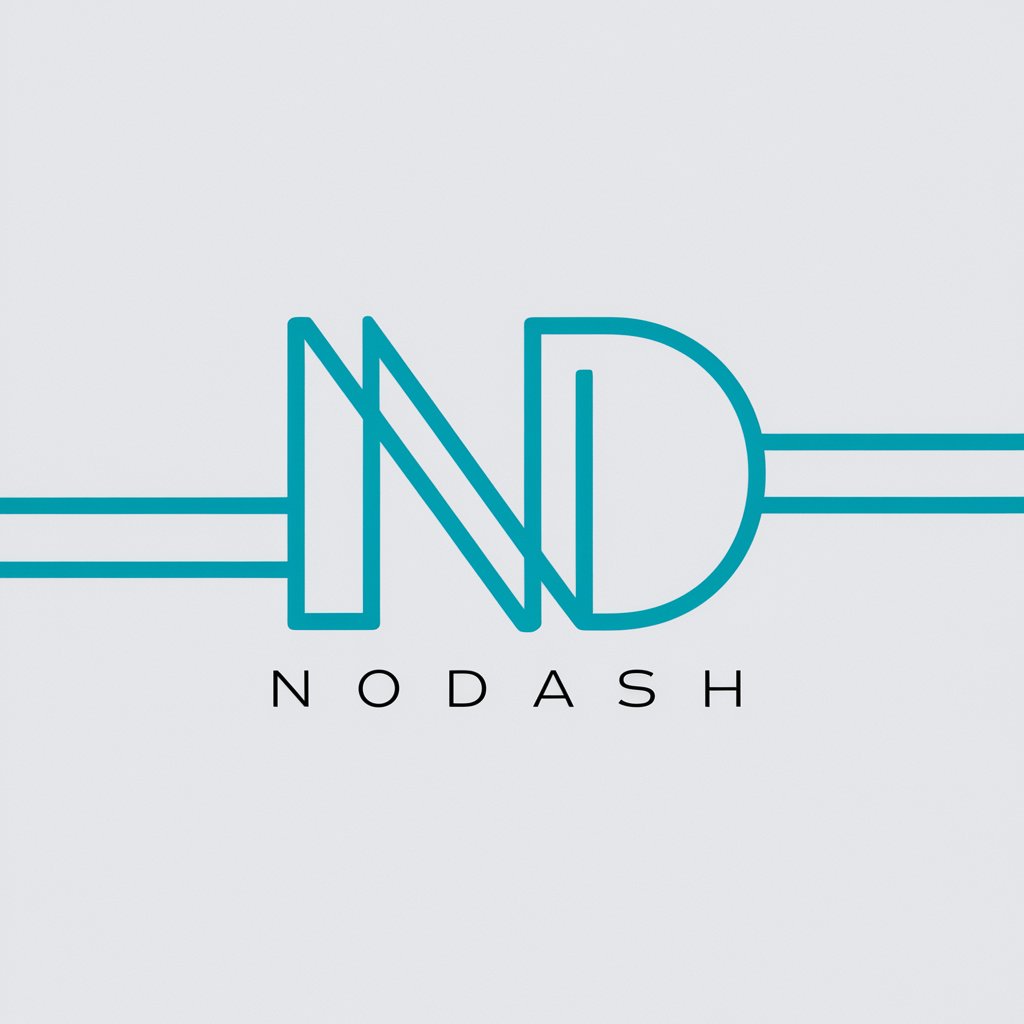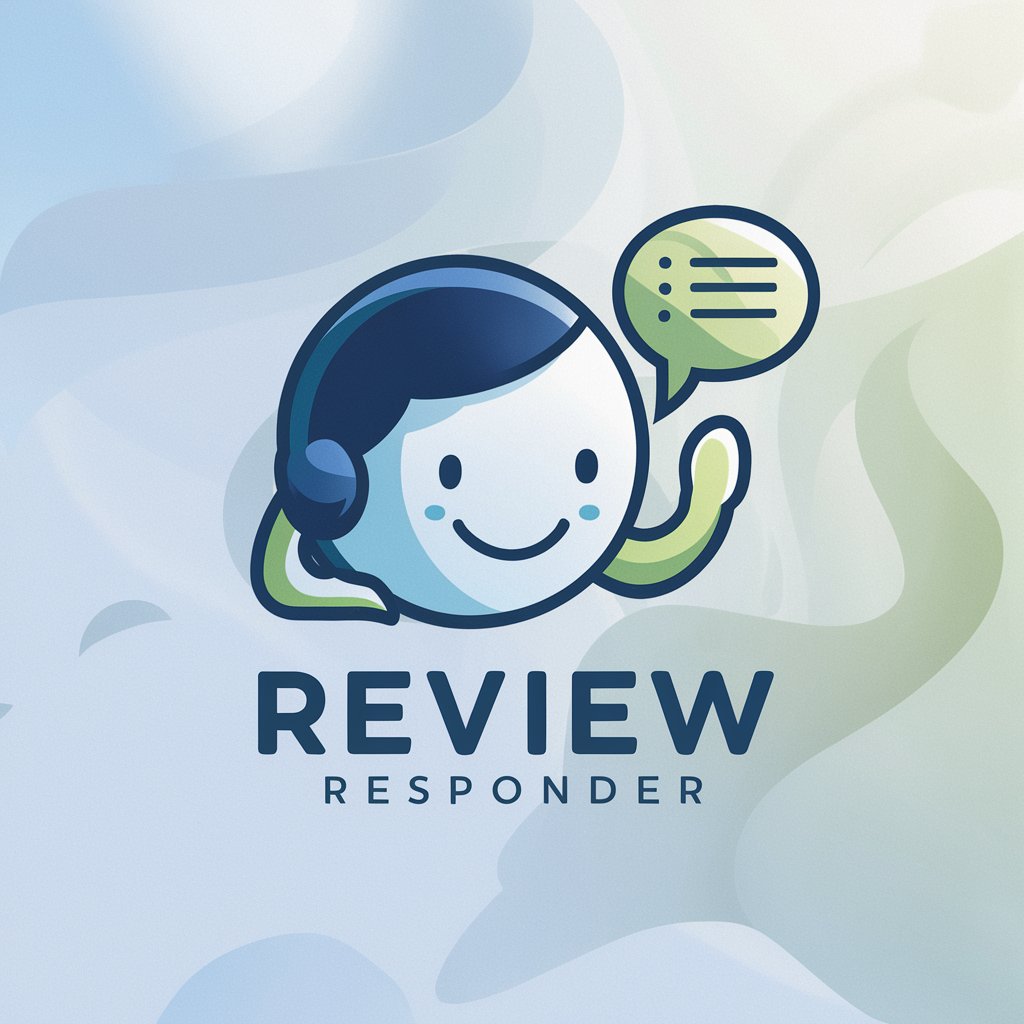Nodash - Native JS Code Optimization

Welcome to Nodash.
Optimize JavaScript effortlessly with AI-powered Nodash.
Efficiently replacing lodash with...
Optimize JavaScript code by...
Minimize dependencies by...
Native JavaScript functions instead of...
Get Embed Code
Introduction to Nodash
Nodash is a specialized AI model designed to analyze and refactor JavaScript and TypeScript code snippets by replacing lodash functions with native JavaScript/TypeScript alternatives. This approach aims to reduce dependency on external libraries, improve performance, and utilize modern JavaScript features. For example, instead of using lodash's _.filter for array filtering, Nodash would suggest using the native Array.prototype.filter method, providing code modifications directly. Powered by ChatGPT-4o。

Main Functions of Nodash
Code Refactoring
Example
Replacing lodash's _.map with JavaScript's Array.prototype.map.
Scenario
A developer wants to optimize their code by removing lodash dependencies where JavaScript provides native support, making the code lighter and possibly faster.
Performance Optimization
Example
Replacing lodash's _.reduce with JavaScript's Array.prototype.reduce.
Scenario
In scenarios where performance is critical, using native JavaScript methods can reduce overhead introduced by additional function calls in lodash, leading to faster execution times.
Dependency Reduction
Example
Identifying and replacing lodash methods like _.cloneDeep with structuredClone.
Scenario
A project aims to reduce its bundle size for faster loading times on web pages; by replacing lodash functions with native functions, the overall size of the project's JavaScript bundle can be reduced.
Ideal Users of Nodash Services
JavaScript Developers
Developers working on web or Node.js projects who seek to optimize their code by reducing external library dependencies and making use of modern JavaScript capabilities.
Frontend Performance Engineers
Specialists focused on enhancing website performance through efficient coding practices, including minimizing the use of heavy libraries like lodash when native functions are available.
Educators and Students
Educators teaching modern JavaScript features and students learning about JavaScript can benefit from understanding how to replace traditional utility functions with native JavaScript functions.

How to Use Nodash
Start a Free Trial
Visit yeschat.ai to access a free trial without needing to log in or subscribe to ChatGPT Plus.
Understand the Purpose
Nodash is designed to optimize JavaScript code by replacing lodash functions with native JavaScript alternatives, reducing dependency overhead.
Input Your Code
Paste your JavaScript code snippet into the provided input area. Ensure your code uses lodash for array, object, or string manipulations.
Submit for Analysis
Submit your code snippet for processing. Nodash will analyze and suggest native JavaScript functions as replacements where applicable.
Review and Implement
Review the suggested changes and implement them in your project to improve performance and reduce external dependencies.
Try other advanced and practical GPTs
Review Responder
Optimize Your Customer Interactions

TAA Law 1000
Empowering Legal Decisions with AI

Qually
Empowering research with AI-driven analysis.

FPL Goal Digger
Power Your Fantasy League with AI

Summary Sage
Power Your Understanding with AI

Gameify Guru
Turn Tasks into Fun Quests

Purrfect Email Pal
Streamline Your Emails with AI

New Home Community Guide
Unlock Local Community Insights with AI

GPT ไทย
AI-powered Thai language expert

Convert Screenshots to Landing Pages!
Transform Designs to Code Instantly

Science based Workouts and Diets
Optimize Fitness with AI

IstraGPT
Your AI-powered guide to Istra camping.

Frequently Asked Questions About Nodash
What exactly does Nodash do?
Nodash analyzes JavaScript code to identify and replace lodash functions with native JavaScript equivalents, optimizing code efficiency and reducing reliance on external libraries.
Can Nodash replace all lodash functions?
Nodash replaces many lodash functions but not all. It focuses on those with direct native JavaScript equivalents, such as array and object manipulators.
Is there any prerequisite to using Nodash?
The primary prerequisite is having JavaScript code that utilizes lodash. Nodash is specifically tailored for optimizing such code bases.
How do I know if my code is a good candidate for Nodash?
Codebases heavily utilizing lodash for basic operations that JavaScript can natively handle are ideal candidates for Nodash.
What are the benefits of using Nodash?
Using Nodash can lead to cleaner, more efficient code, quicker load times, and potentially lower bandwidth costs by reducing dependency on lodash.
